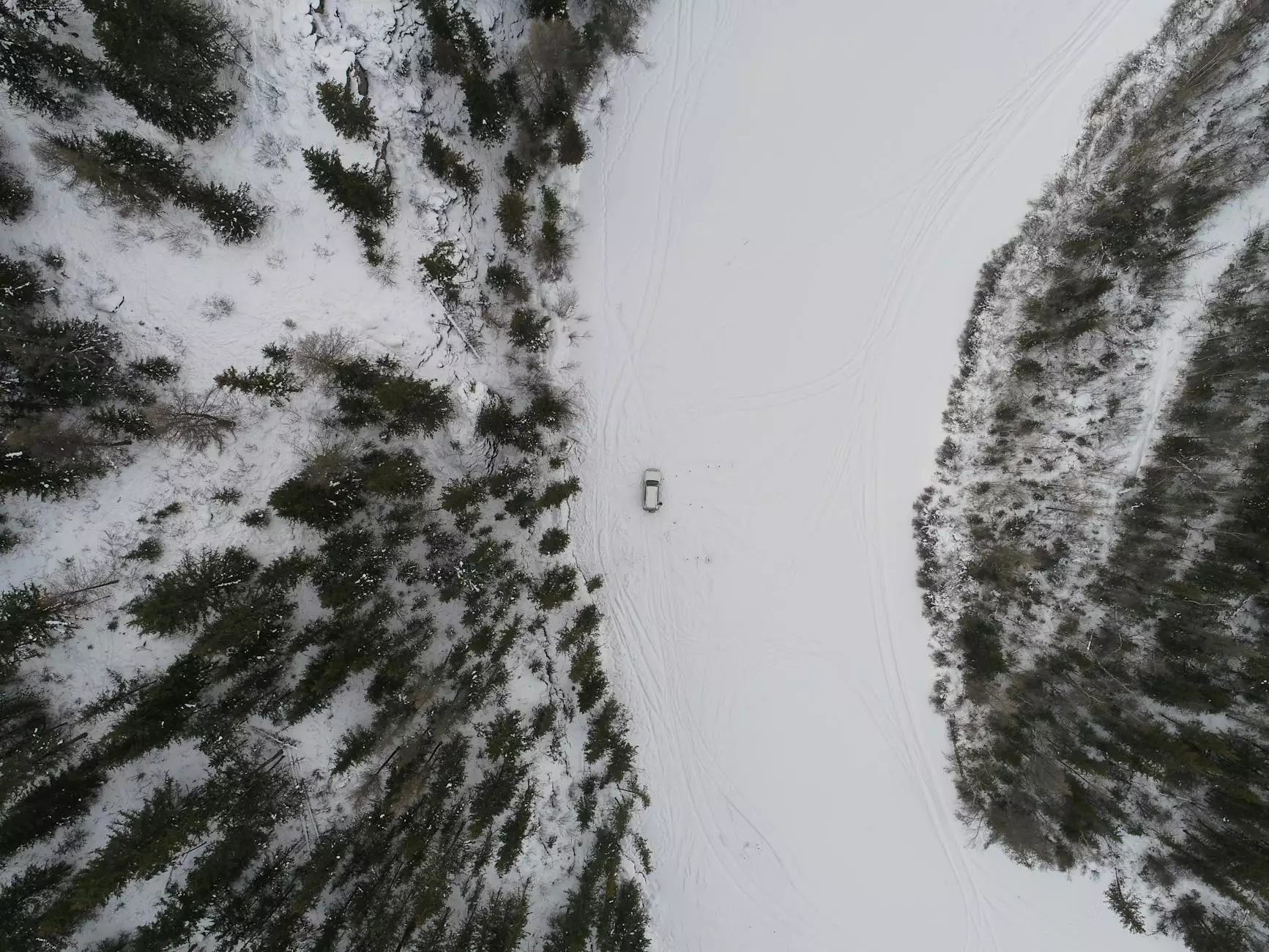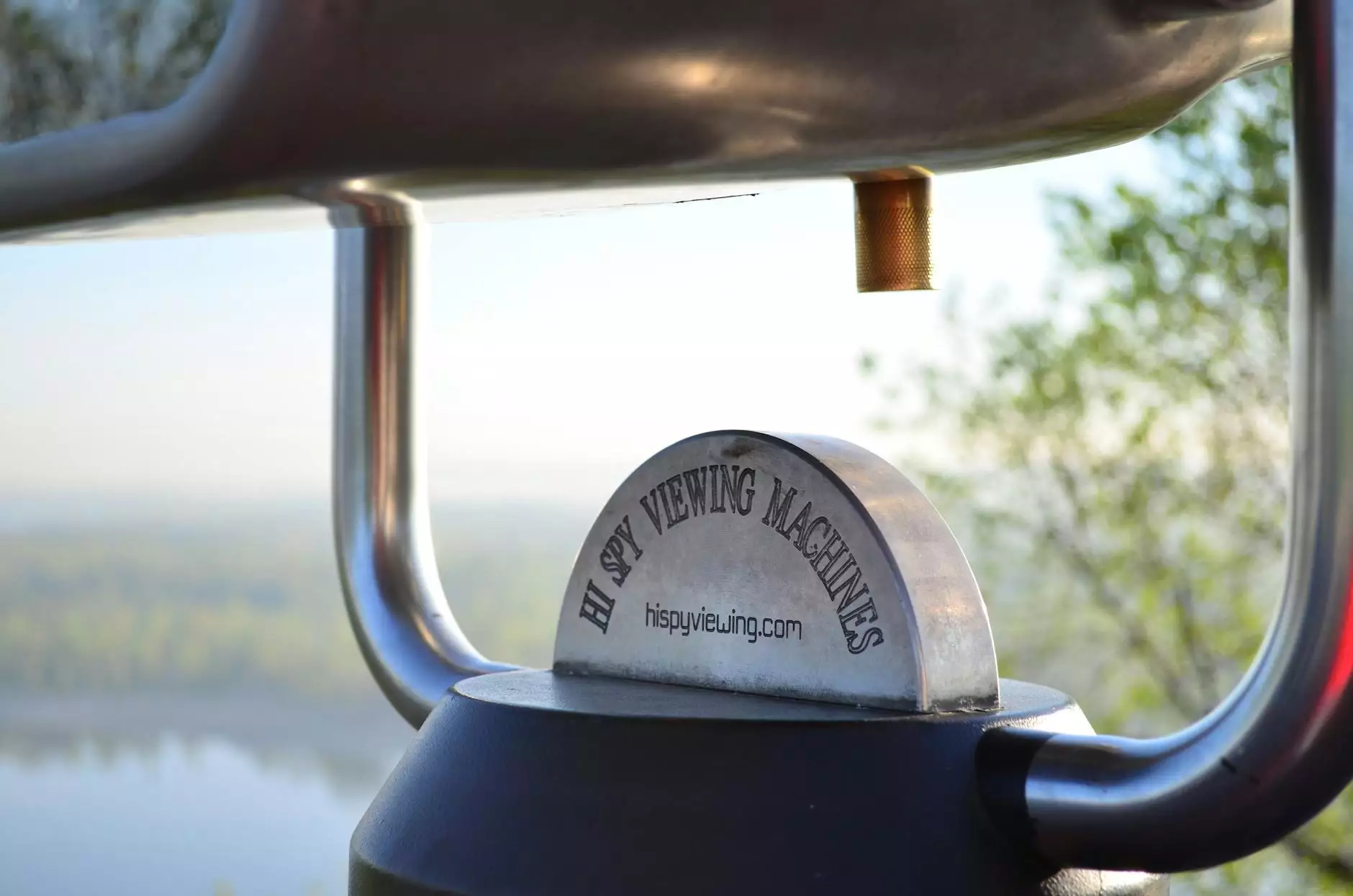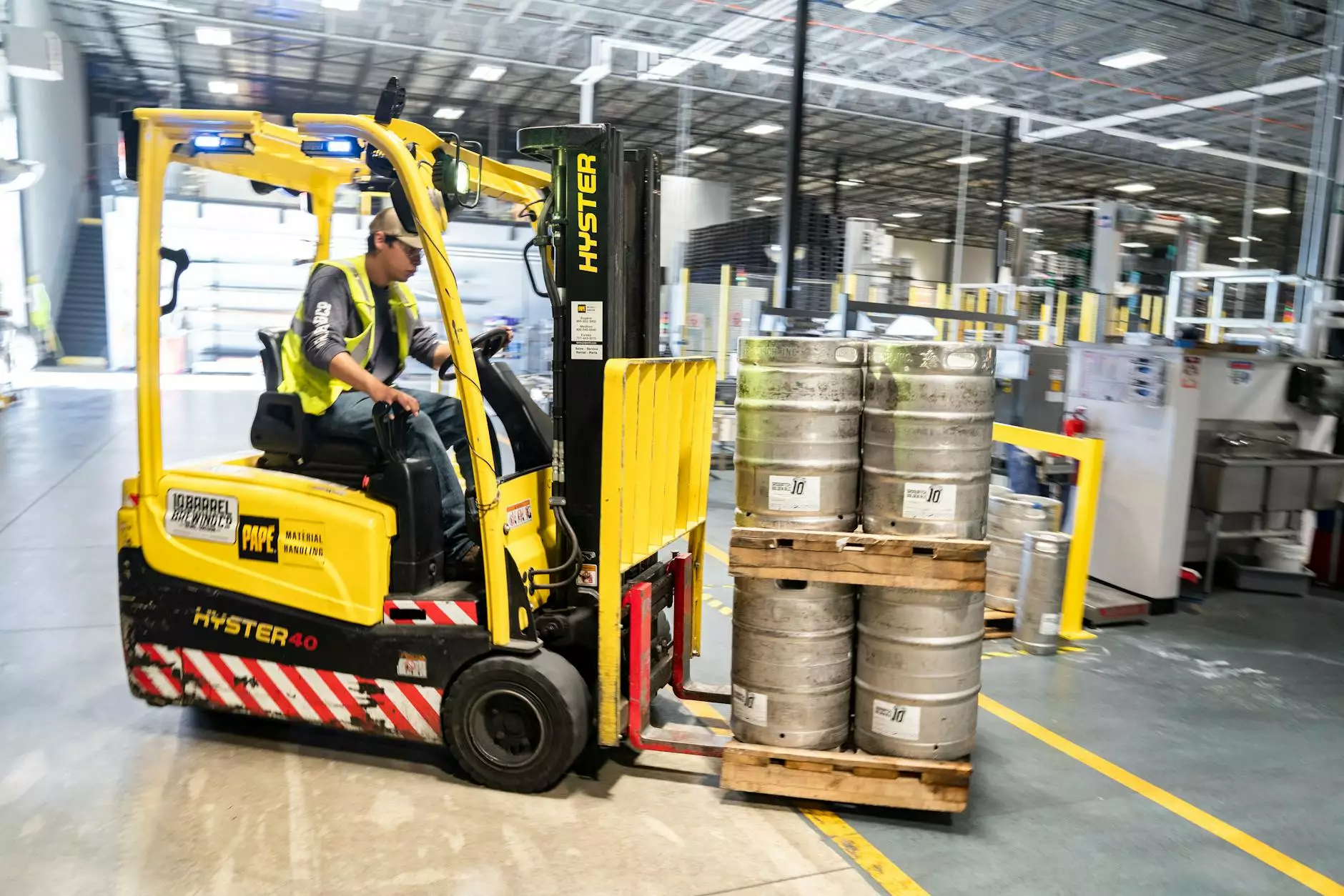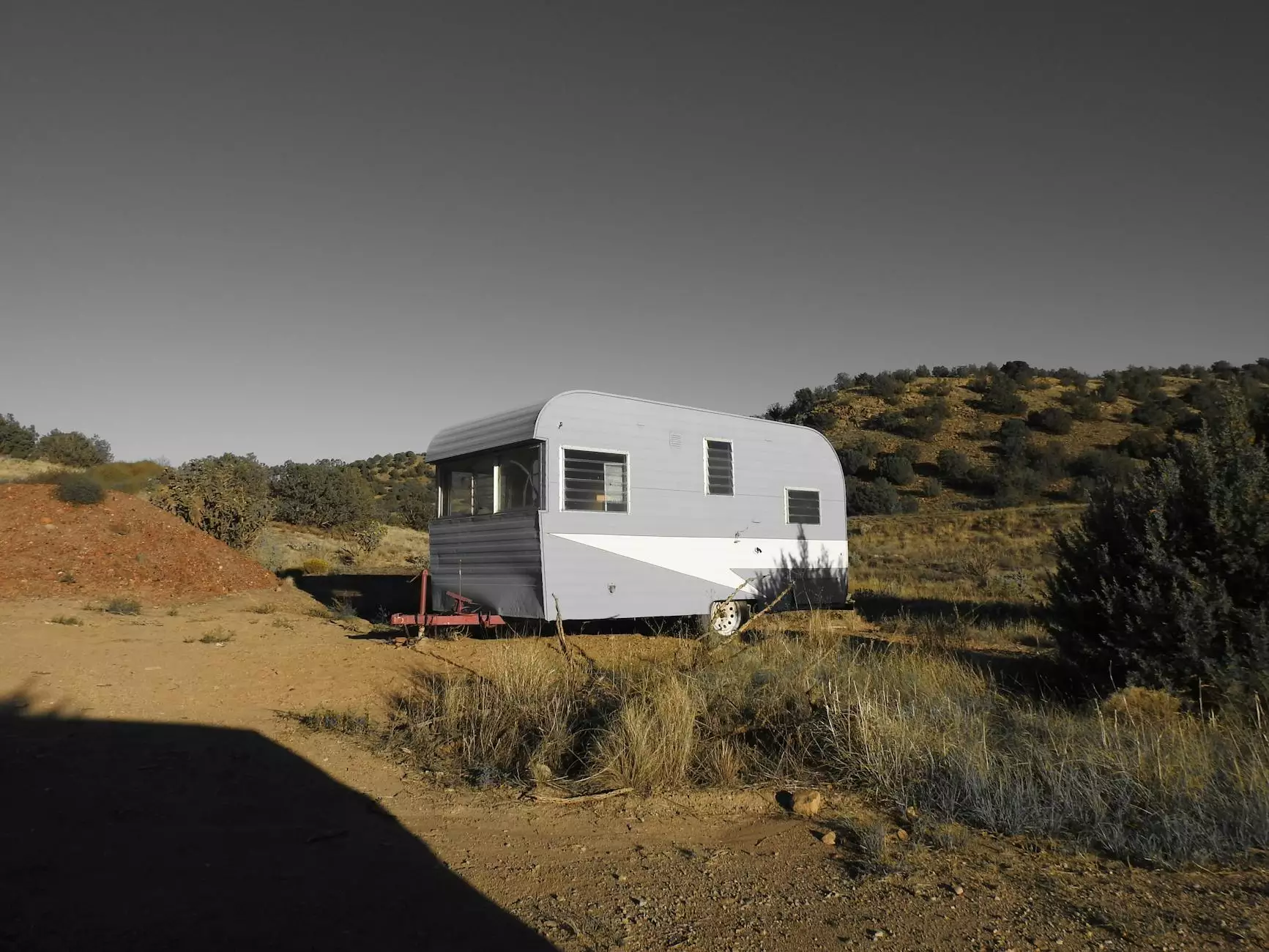Does Sealing Concrete Make it Slippery? A Comprehensive Guide

Understanding Concrete Sealing
Concrete sealing is a critical process for maintaining the durability and aesthetic appeal of concrete surfaces. Whether it's a driveway, patio, or floor, sealing helps protect against moisture, stains, and wear. However, the question that often arises is, does sealing concrete make it slippery?
The Purpose of Sealing Concrete
Sealing concrete serves multiple purposes. Here are some of the primary benefits:
- Protection Against Moisture: Sealing creates a barrier that prevents water from penetrating the concrete, which can lead to cracking and other forms of damage over time.
- Stain Resistance: Sealed concrete is much easier to clean as it resists stains from oil, chemicals, and other substances.
- Enhanced Appearance: Sealers can give concrete a glossy look, enriching its color and providing a finished appearance.
- Durability: Sealing strengthens the concrete and extends its lifespan by minimizing wear from traffic and weather conditions.
Types of Concrete Sealers
There are several types of concrete sealers available, and each can affect the slipperiness of the surface in different ways:
- Film-Forming Sealers: These create a protective layer on top of the concrete. They can provide a glossy finish but may cause slipperiness, especially in wet conditions.
- Pore-Blocking Sealers: These penetrate deep into the concrete without forming a film on the surface. They typically do not contribute to slipperiness.
- Epoxy Sealers: Known for their strength and durability, epoxy sealers can create a glossy surface. However, they can be made slip-resistant with additives.
- Water-Based Sealers: These tend to dry clear and can be formulated to reduce slipperiness while providing protection.
Does Sealing Concrete Really Make it Slippery?
The short answer is: it depends on the type of sealer used and the conditions of the surface after sealing.
Film-forming sealers can make concrete slippery, particularly when wet. This is especially a concern for outdoor areas like patios, driveways, and walkways. When these surfaces get wet, the glossy layer can become slippery, potentially leading to accidents.
In contrast, penetrating sealers typically do not affect the surface's slip resistance because they do not create a slick layer. Instead, they enhance the concrete's ability to resist stains and moisture without changing its texture.
For areas that are prone to water exposure, such as pool decks or exterior walkways, it is essential to choose a sealer that either has anti-skid properties or is paired with a slip-resistant additive.
How to Prevent Slipperiness After Sealing
Here are some tips to ensure that your sealed concrete does not become slippery:
- Choose the Right Sealer: Select a penetrating sealer for surfaces that will be exposed to moisture. Film-forming sealers should be avoided unless they are specifically designed to be non-slip.
- Add Anti-Skid Additives: Many sealers can be mixed with anti-slip additives that improve traction on the surface. Make sure to read the manufacturer's instructions for the right proportion.
- Texturize the Surface: Before sealing, consider texturizing the concrete surface. This can be done through a broom finish or stamping, which will enhance grip.
- Regular Maintenance: Keep the surface clean and free from debris. Dirt, algae, and leaves can contribute to slipperiness, particularly when wet.
- Recoat with Care: Over time, it may be necessary to reseal concrete. When doing so, ensure the same precautions are taken to maintain slip resistance.
Benefits of Non-Slip Sealers
Investing in non-slip sealers can provide added safety for residential and commercial properties. The following are some of the notable benefits:
- Enhanced Safety: Non-slip sealers significantly reduce the risk of slips and falls, making them ideal for areas with high foot traffic.
- Versatility: These sealers can be used both indoors and outdoors, in residential and commercial settings.
- Cost-Effective: By preventing injuries due to slips, businesses can reduce costs related to liability claims and insurance premiums.
- Easy Application: Non-slip sealers can often be applied by homeowners, saving on professional service costs while ensuring the safety of the surface.
The Role of ND Clean in Your Concrete Care
At ND Clean, we understand the importance of maintaining your concrete surfaces. Our team offers professional services in concrete sealing and cleaning to ensure that your surfaces remain safe and appealing.
We use high-quality sealers that are specifically chosen based on their application, ensuring that your surfaces are both protected and safe to walk on. With years of experience in Home Services, Flooring, and Office Cleaning, we are committed to delivering excellent results tailored to your needs.
Conclusion
In summary, while sealing concrete does have the potential to make it slippery, especially if film-forming sealers are used, there are numerous solutions available to prevent this issue. By selecting the appropriate sealer, adding anti-slip properties, and maintaining the surface regularly, you can enjoy the benefits of sealing without compromising safety.
For the best results and professional insight, consider reaching out to us at ND Clean. We are here to help with all your concrete sealing needs, ensuring that your surfaces stay secure and aesthetically pleasing for years to come.









